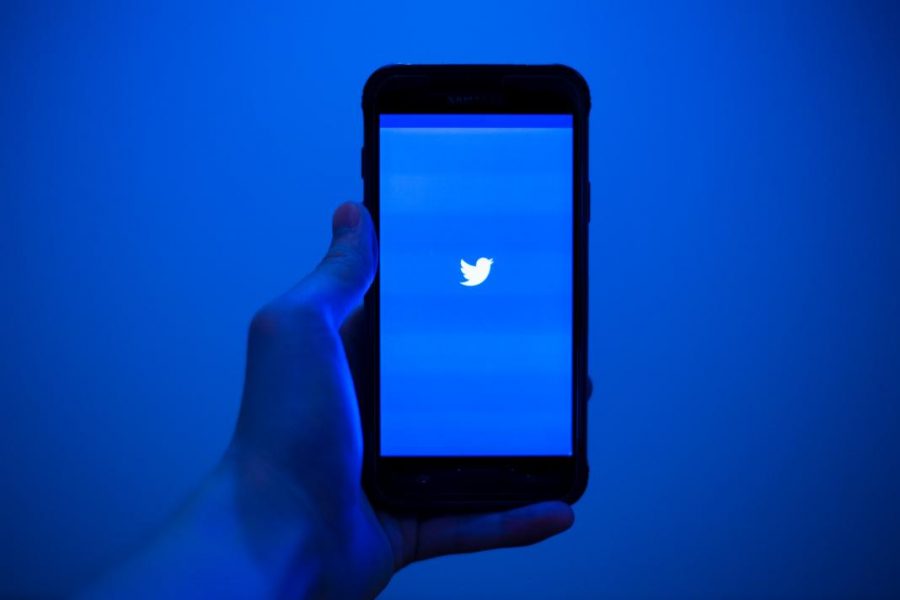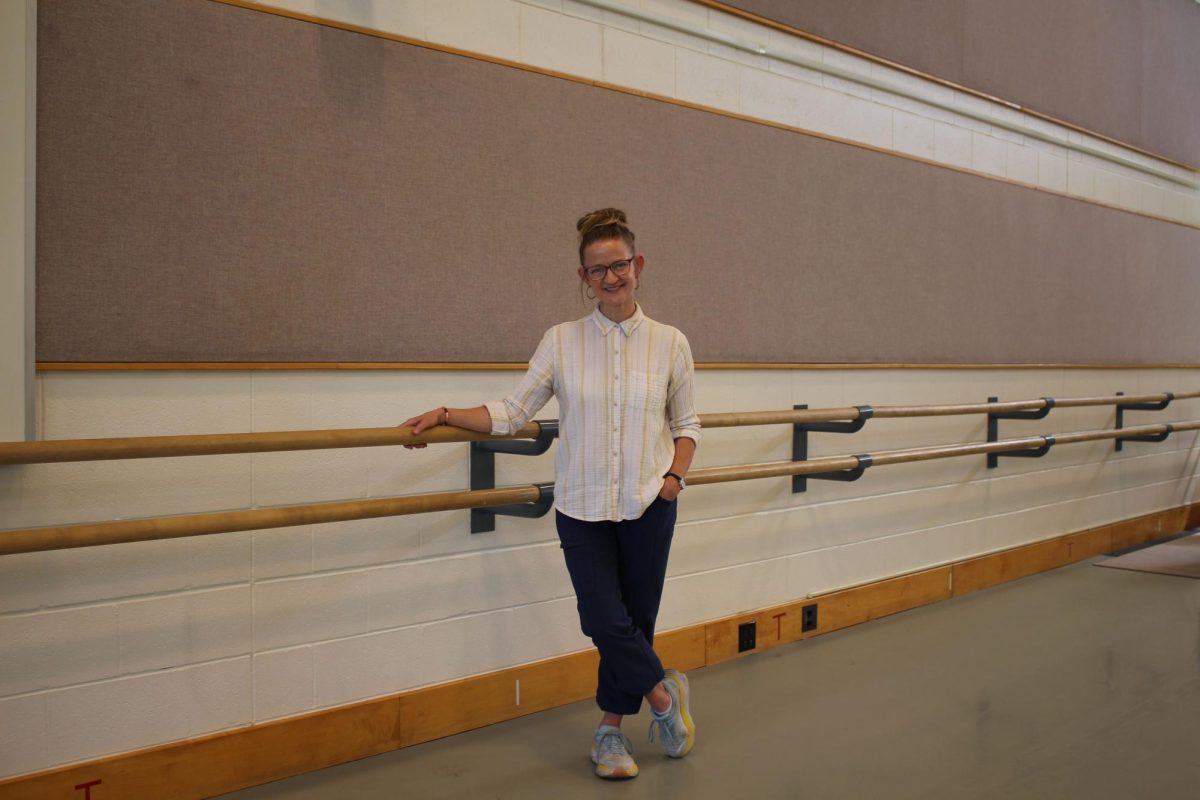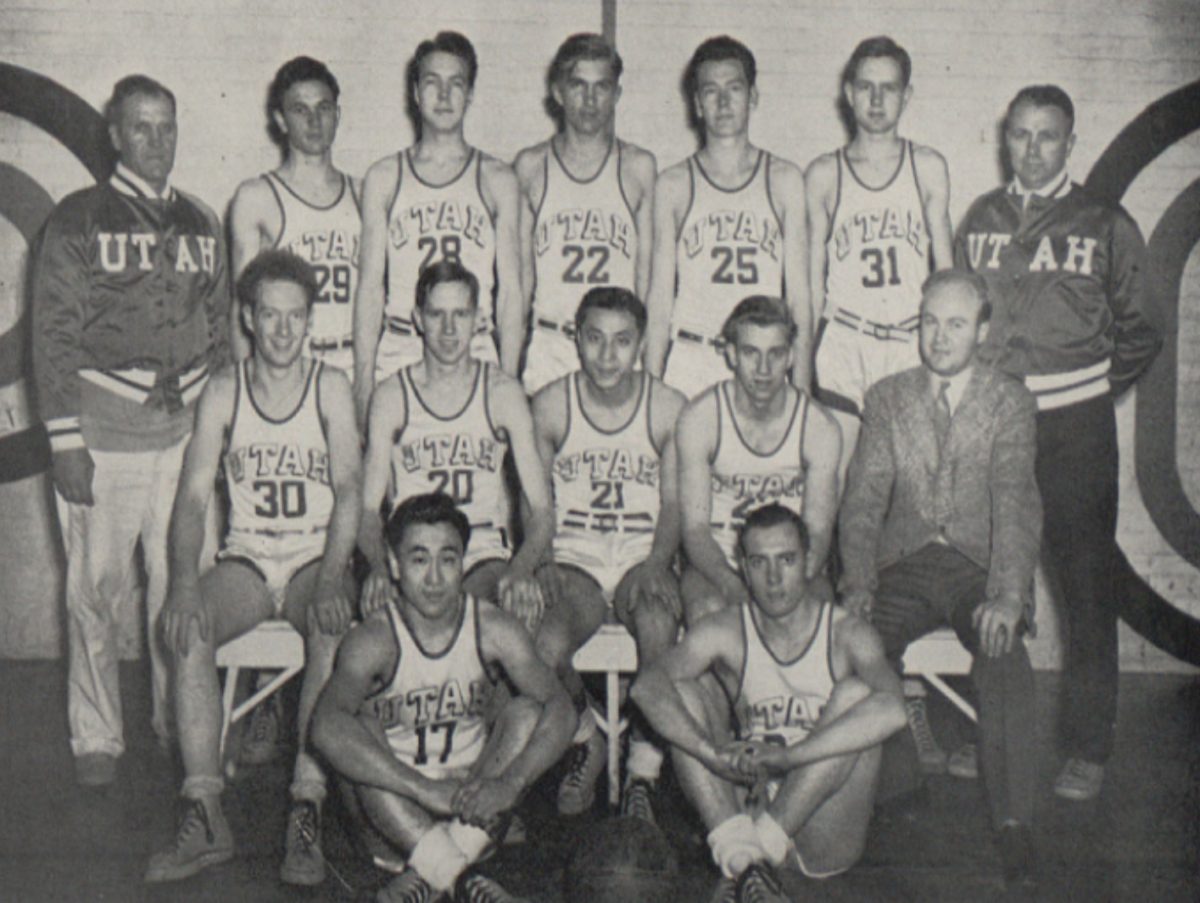Alexander: Misinformation Discredits Social Activism
Social media pulled up on the phone on Wednesday, March 14, 2018. (Photo by Curtis Lin)
September 11, 2020
No one can deny the revolutionary role that social media plays in today’s activism. With modern technology, we are able to communicate with people across the globe with just the click of a button. Ever since the Black Lives Matter hashtag emerged in 2013, social media activism has gradually grown. The #MeToo movement in 2017 also gave rise to a surge of political and social advocacy online. Social media has come in handy especially over the last few months since the beginning of the COVID-19 pandemic. We have all been searching for ways to involve ourselves and create positive change in our communities, despite our distancing restrictions.
Social media can be a powerful platform on which we can discuss these problems and bring about effective change from home. It can keep us connected, informed and aware of these pressing issues without endangering ourselves in a crowded protest or packed town hall. Social media’s far-reaching capabilities allow us to join forces with people who share the same values and political views as us from anywhere while keeping a safe distance.
However, digital activism is not perfect. People, organizations and even entire movements can come under fire for what they spread online. Misconceptions, fallacies and delusional conspiracies can prove detrimental to a person’s credibility and even put an entire movement into jeopardy. Social media can be a powerful force for social justice, but we need to make sure that we amplify good, trustworthy information or we will ultimately hurt the movements driving historical change.
Modern movements already understand the power of sharing. Single retweets can reach the far corners of the globe without requiring much effort. Even quick moments of solidarity with a community — like the ‘black square’ posts — demonstrate the wide impact of social media. In order to use social media for good we need to recognize the origins and intentions of these efforts. We need to understand why we’re posting something and how it will affect others.
To illustrate, the inspirational women empowering women challenge posted throughout the U.S. stemmed from Turkey’s domestic violence against women campaign. However, American women turned the movement around to empower and uplift each other. The U.S. viral trend overshadowed the true campaign, leaving the women who died because of domestic violence disregarded. While uplifting each other is of course positive and inspiring, when we forget or simply never look to learn the original purpose of these posts, we can harm the original cause.
In addition to mistaking the intentions of a movement, blatantly sharing misinformation can blur the line between facts, opinions and complete falsehoods. People don’t have to go through a fact-checking process before they post on social media. This results in extensive sharing of conspiracy theories, hate speech and potentially dangerous fictions.
Hate speech has surged on platforms like Facebook, where misinformation is hardly ever regulated. Some Facebook groups like “California Patriots Pro Law & Order” spread racist conspiracy theories to inflame tensions and support white supremacy. It isn’t a coincidence that alongside this dangerous sharing, we’ve also seen an increase in white supremacist extremism, online radicalization and intolerance for social justice movements such as Black Lives Matter. If we are not vigilantly fighting misinformation, unjustified rhetoric can make it more difficult to discern between lies and truth.
Spreading false information could also potentially ruin someone’s life. On June 5th, a national story circulated in which a man on a bike attacked a group of kids hanging up BLM posters. People supposedly found this man using a bike route app and started harassing and threatening him. The man they went after was Peter Weinberg, who was mistaken for the man seen attacking the group in the video. Because nearly thousands of people shared his name, address and personal information, Weinberg was harassed for months without reason. People are less likely to trust online activism if those movements share misinformation that could harm innocent bystanders.
Since social media posts can be unreliable at times, it’s important to address how we can confront dishonest information. When scrolling through pages, approach social media posts skeptically. Take the time to verify claims before reposting. If something appears false, comment a warning about the accuracy of the post, report it to the social media platform or offer factual counterevidence.
It’s also important to improve our news consumption. Follow national and local newspapers (like the Daily Utah Chronicle, of course), podcasts, and newsletters with diverse perspectives. Doing so helps fight confirmation bias and is a good reminder that there is plenty of news that never shows up on our social media feeds. Trustworthy, verified individuals and organizations can offer credible information and prevent misleading information from contaminating social media pages.
I know navigating social media for trustworthy news can be hard. But especially in trying times, it’s important to seek facts from fiction and make sure the posts we share are entirely accurate. At a time where we can bring systemic change, we need to take the extra time to amplify the right voices. Right now, our nation’s leaders are listening to us. But they will not continue if we don’t have credible information to share.









Jm garrido • Sep 11, 2022 at 5:56 pm
The title is kinda misleading, although there are actual social activism in the piece, social media activism and social activism in general are not the same thing, would like to read related articles about it though.